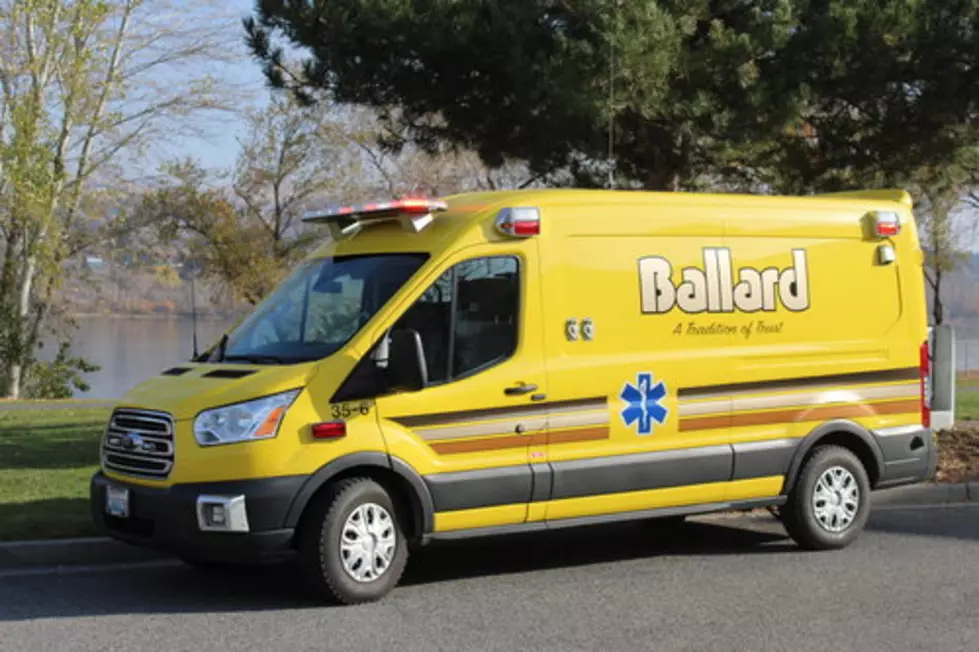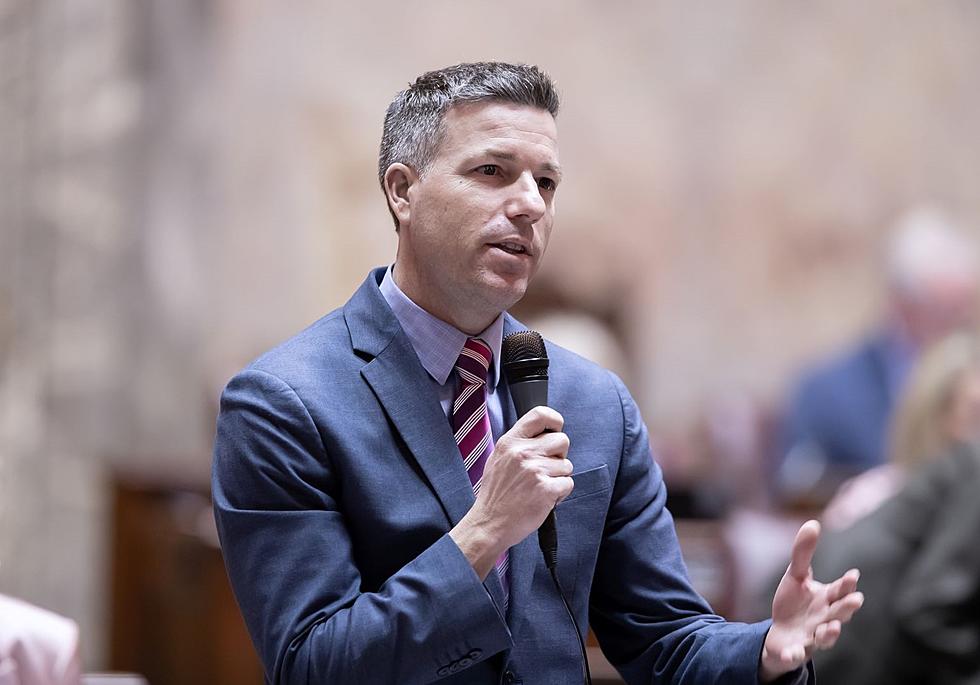
Washington Ambulance Companies Feeling Better After Medicaid Boost
Ambulance companies across Washington State are feeling better after lawmakers increased their funding to carry non-emergency patients from point-to-point.
The increase of nearly $14 million applies specifically to non-emergency Medicaid calls, which had not had a boost in funding for 19 years.
Washington Ambulance Association President Mike Battis says Governor Inslee and the State Health Care Authority, which oversees the Medicaid program in Washington, supported the increase, but drumming up support in the legislature was more difficult.
"I personally spent weeks over there this winter, living in hotels and meeting face to face with elected officials, kind of pleading our case," said Battis.
The increase in funding is seen as a major step in the right direction, but ambulance companies will still lose money on non-emergency Medicaid calls.
“It’s the first step forward we’ve seen in two decades,” Battis said. “So, it’s refreshing and it’s encouraging that in the future, maybe, we can continue to use this as a steppingstone to get some more fiscal relief where it’s not losing money every time we go see a Medicaid patient.”
Battis is also the Director of Operations for Ballard Ambulance in Wenatchee. He said about half their calls are for non-emergency transportation of patients, mostly through Medicaid or Medicare.
Medicare reimburses at a better rate than Medicaid, which allows ambulance companies to more easily recover costs and break even on the calls.
The Medicaid boost of $13.87 million from the legislature came through a line-item expenditure in the state operating budget.
It amounts to a 64% increase for non-emergency advanced life support (ALS) ambulance service, which requires a paramedic on board, along with an Emergency Medical Technician.
The boost is 80% for basic life support (BLS) transport, which is for patients with less severe conditions and requires two Emergency Medical Technicians.
The increase is 35% to cover milage costs.
Ambulance companies are only reimbursed for the miles a patient is transferred through Medicaid and Medicare. If a service such as Ballard is called to pick up and transport a patient from Colville to Spokane, Ballard is stuck with the costs of driving from Wenatchee to Colville, and from Spokane back to Wenatchee.
Non-emergency calls take place when ambulances haul patients on scheduled trips, typically between two different hospitals or health care providers.
The Medicaid non-emergency reimbursement rate has been so low that one of the largest ambulance companies in the world, Falck, recently pulled out of Washington state.
The new rates go into effect on July 1.
About 70-80 percent of calls handled by Washington ambulance agencies involve Medicaid or Medicare patients.
More From 610 KONA









